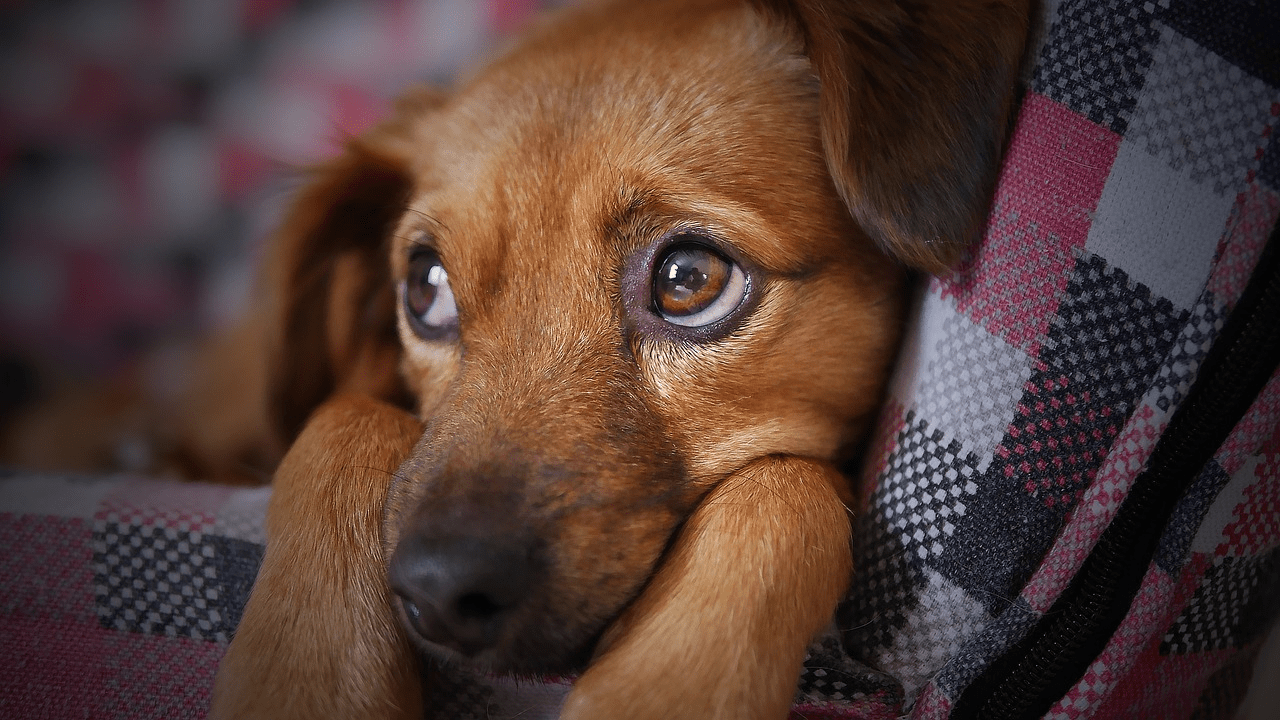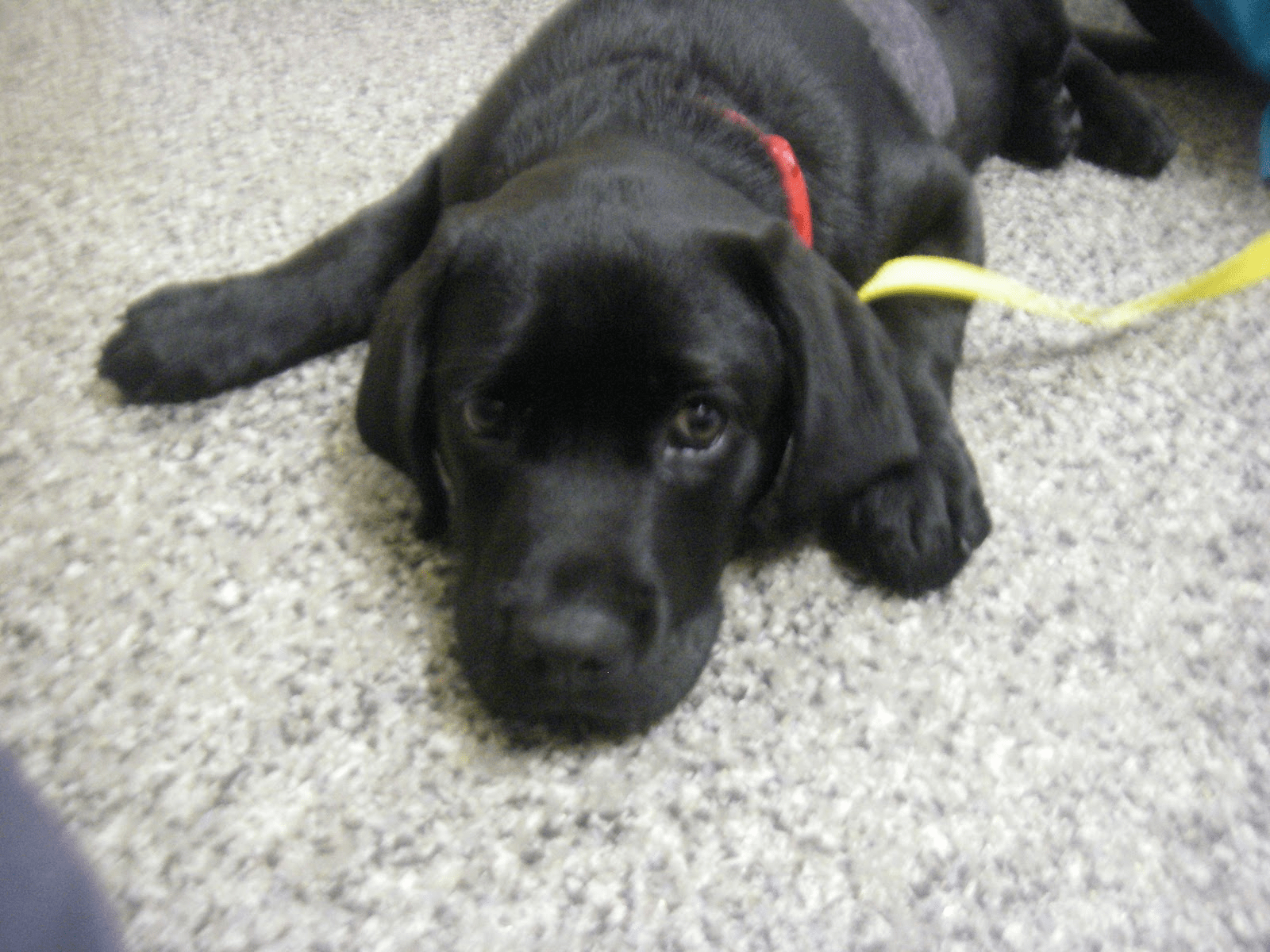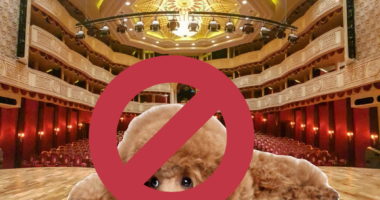Last week the Government in Scotland, after a long campaign, decided to ban the use of electric collars on dogs. Why? Because they cause stress.
So why, every year, without fail, should we dog owners – in our thousands – be witnessing real stress, real suffering and real anxiety in our pets caused by fireworks? Let’s use some basic logic here. If electric collars can be banned because of the stress they cause to dogs, given the sheer volume of dogs who are caused massive stress and anxiety as a result of fireworks, why are we not yet discussing the new regulations we so obviously need if we are serious about reducing the suffering caused to our dogs, cats and let’s not forget the countless wild animals who are also affected by firework fear? Are we serious about reducing animals stress or not? If so, then fireworks will be at the top of the list for many, many pet owners in terms of things that cause their animals the most discomfort.

The RSPCA is stepping up its calls for fireworks to be better regulated.
The charity has renewed calls to restrict the private use of fireworks to particular dates in a bid to reduce the fear and distress caused to many animals throughout the year.
The plea comes as figures reveal that last year (2017), the RSPCA received its highest ever number of calls about fireworks (382) from concerned members of the public. This represents a 50% increase from 2011 (255). In one RSPCA rescue last November, a dog spooked by fireworks had to be freed from a six-inch gap between walls in a three-hour rescue operation.
Limiting the use of fireworks to agreed traditional dates – such as Guy Fawkes/Bonfire Night, New Year’s Eve, Chinese New Year and Diwali – would be good news for animals, according to the charity’s welfare experts.
The animal charity also believes reducing the noise of fireworks available for sale to the public, and providing more information to the public about licensed displays, could better protect animals.
Fireworks regulation is due to be discussed by Members of Parliament on Monday 29 January. The UK parliamentary debate was triggered after a petition – started by a member of public – attracted over 100,000 signatures.
Many animals – of all shapes and sizes – find fireworks frightening. The sudden loud noises and bright flashing lights commonly associated with fireworks can be very frightening for animals. Estimates suggest 45 percent of the UK’s dogs* show signs of fear and distress when they hear fireworks.
RSPCA companion animal welfare expert Lisa Hens said: “The RSPCA is calling for firework displays by the general public to be restricted to certain traditional dates in the calendar.
“Animals affected by fireworks not only suffer psychological distress but can also cause themselves injuries, sometimes very serious ones, as they attempt to run or hide from the noise. Ensuring these displays always fall on dates like Guy Fawkes Night, New Year’s Eve, Chinese New Year and Diwali would be good news for animals.
“Fireworks can lead to serious welfare concerns for many animals, so we warmly welcome this important debate. We hope to see as many MPs as possible attending it, and argue in favour of animals by supporting changes to the laws currently regulating fireworks.”
Under the current legal framework, fireworks displays can be held every day of the year. Existing regulations forbid fireworks being used between 11pm and 7am, with some exceptions, while those with a noise level exceeding 120 decibels cannot currently be sold to the public.
Ms Hens said: “Firework phobia is a treatable condition – and there’s many steps owners can take to make the experience less scary for their pet.
“But planning ahead is often key in keeping animals safe and well during fireworks displays – so having set days where displays can take place is obviously vital in ensuring people know when they have to take such extra precautions.
“Decision-makers could also reduce the maximum permitted noise level of fireworks for public sale to 97 decibels, comparable with the sound of a slamming door. Fireworks louder than this should only be used for licensed public displays.”
Unfortunately, it is not just pets that are affected by fireworks. Farm animals can be easily frightened by loud noises and sudden flashes of bright light, which can startle them and cause them to injure themselves on fencing, farm equipment or, in the case of housed animals, on fixtures and fittings.
It is also likely that fireworks will cause a disturbance to wild animals such as waterfowl and is likely to cause suffering or distress, depending on the distance from the fireworks and the noise level. Wildlife can also be burnt alive after making their home in bonfires, so always check for animals beforehand.
Ms Hens added: “By licensing all public displays, and ensuring information about the event is made available to the local community, more can be done to help keep all animals safe during fireworks. Clearly, more needs to be done to protect animals from the unnecessary fear and suffering that fireworks regularly cause.”
Enter your email and never miss out on receiving our best articles:








